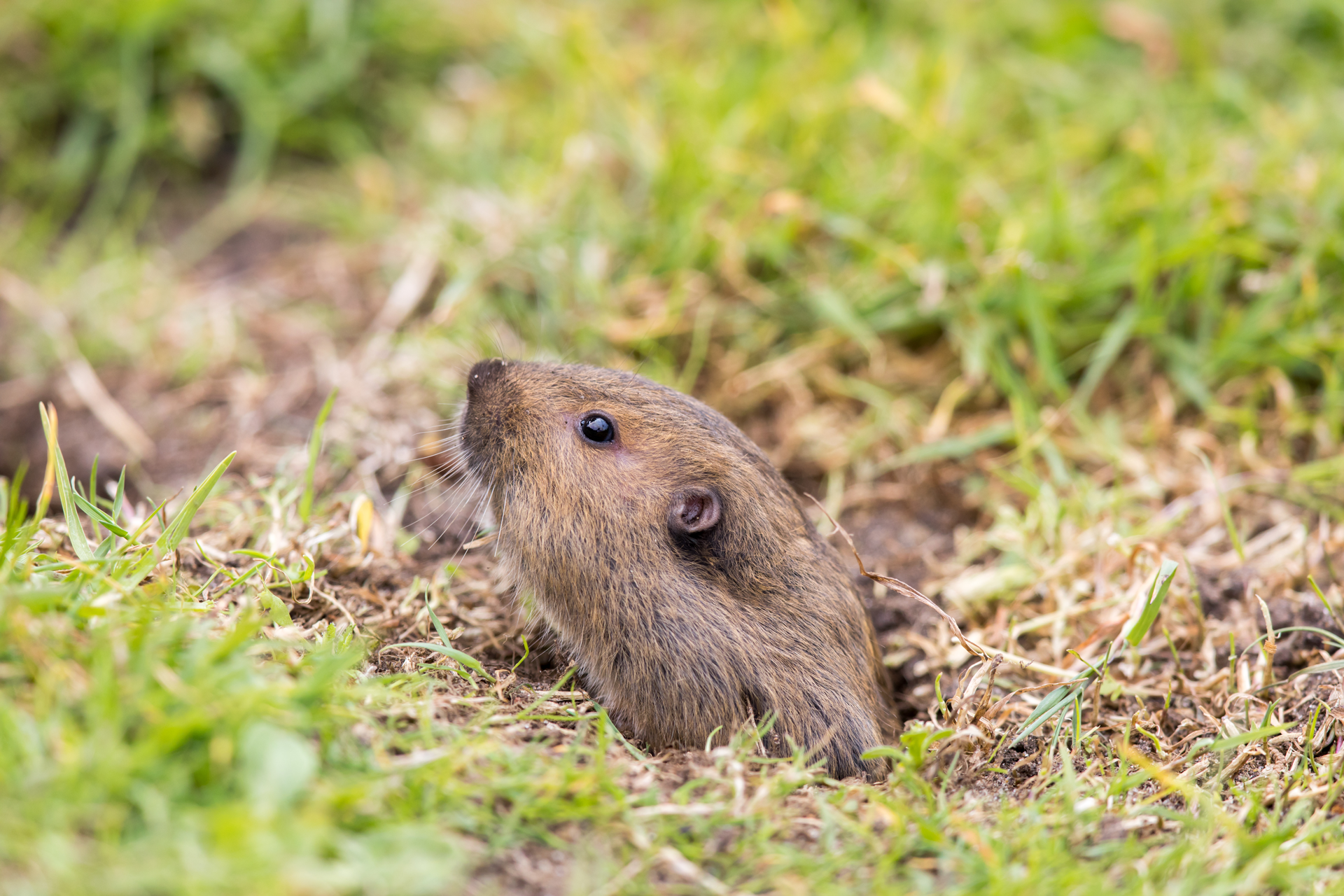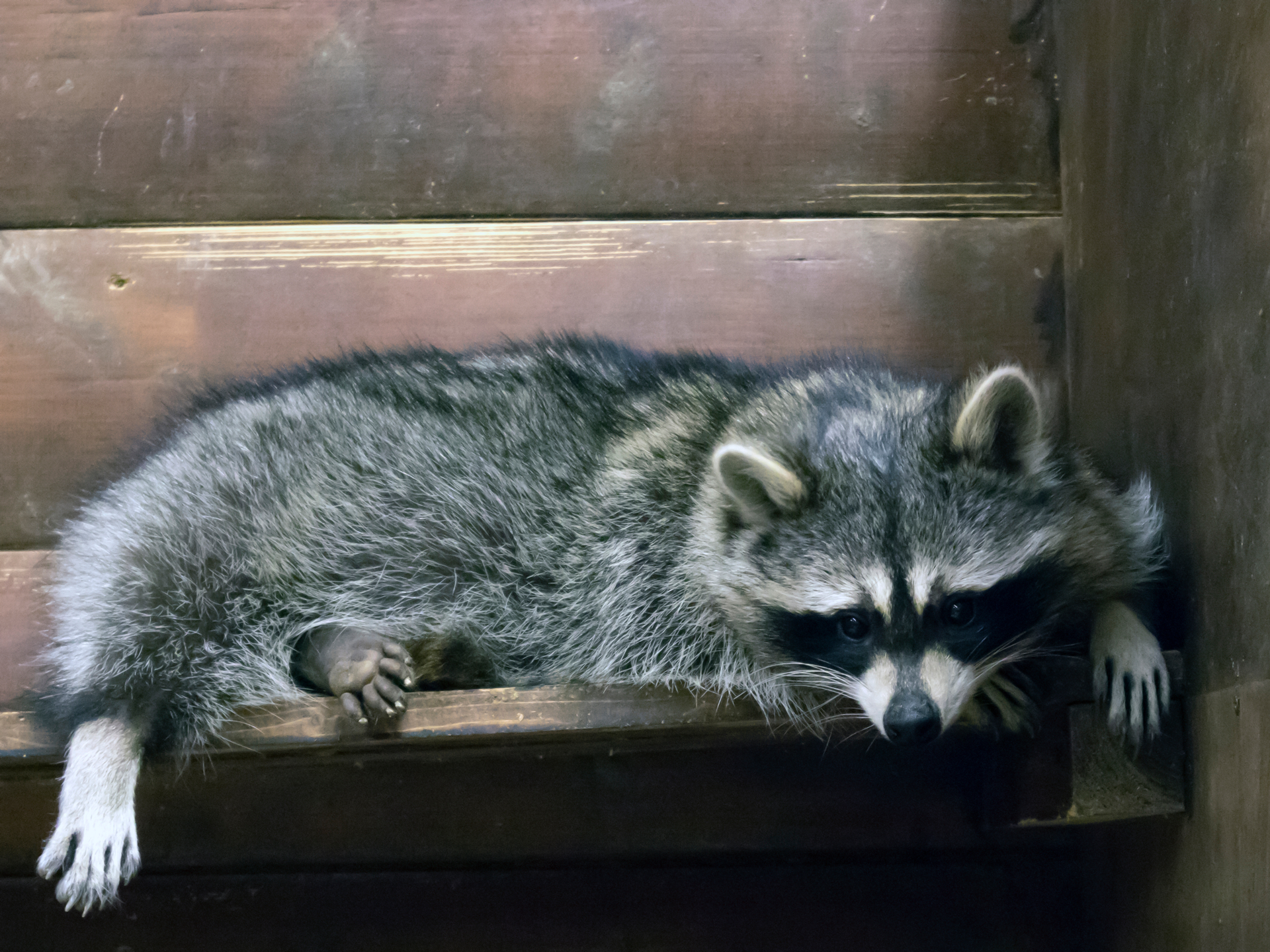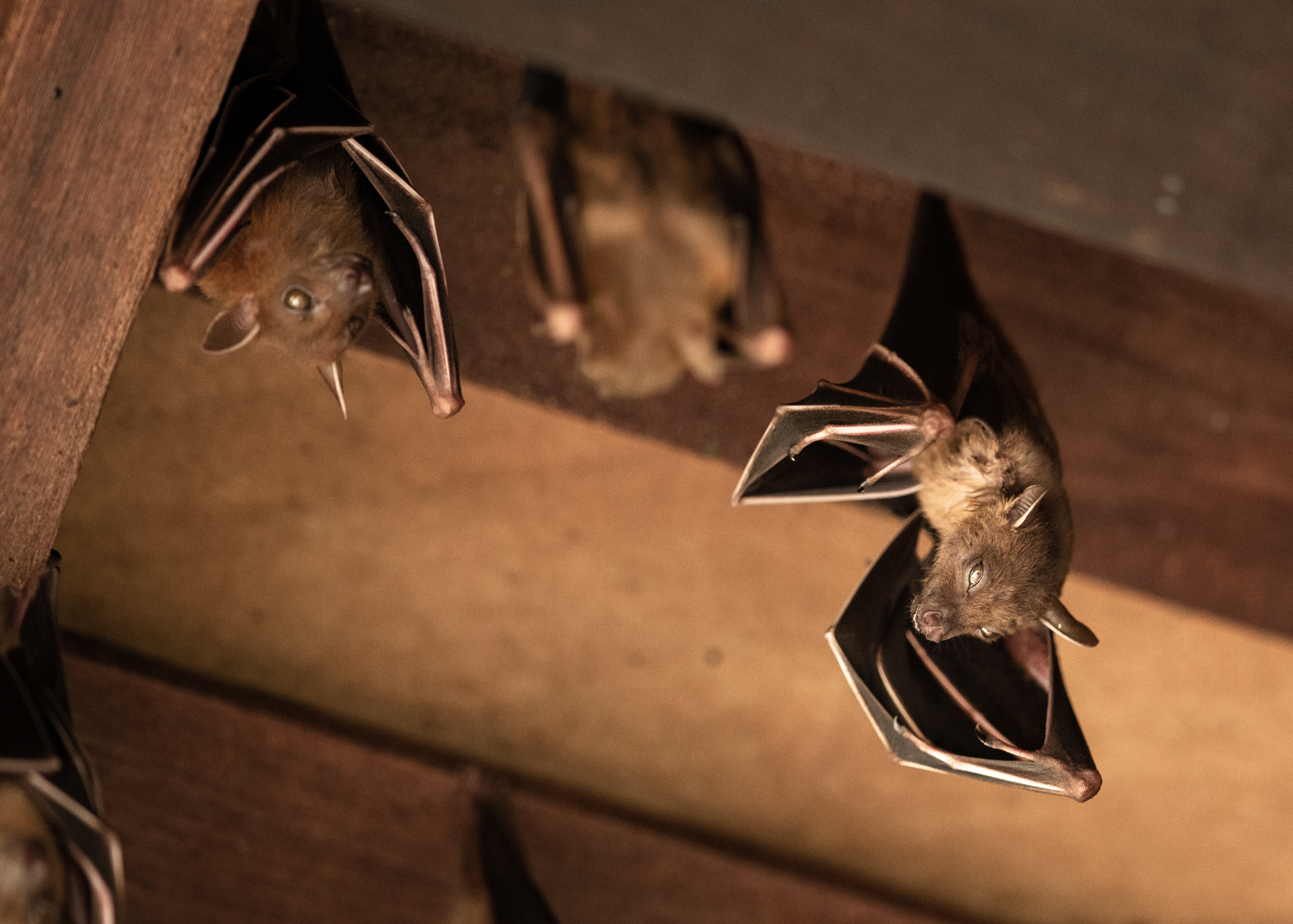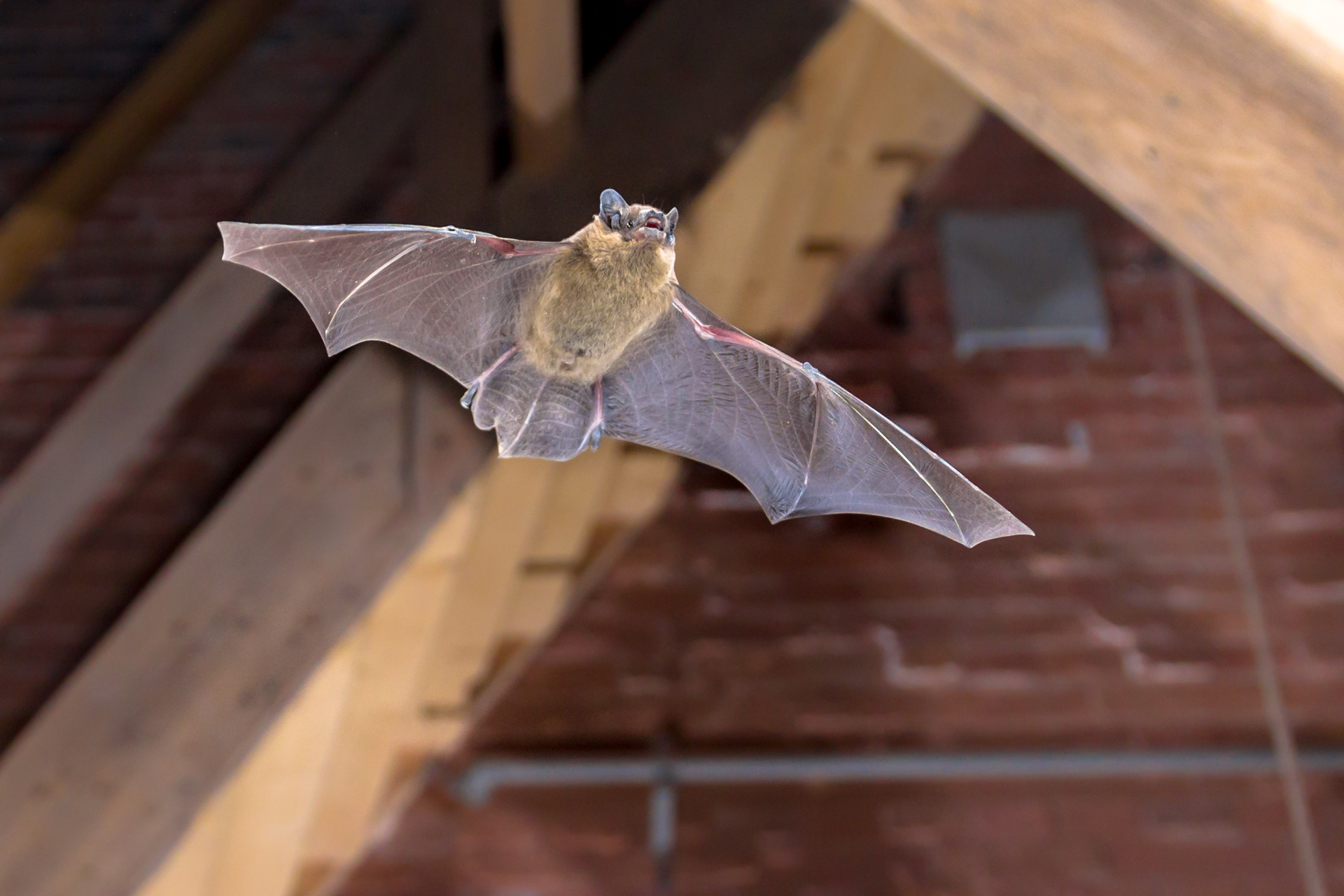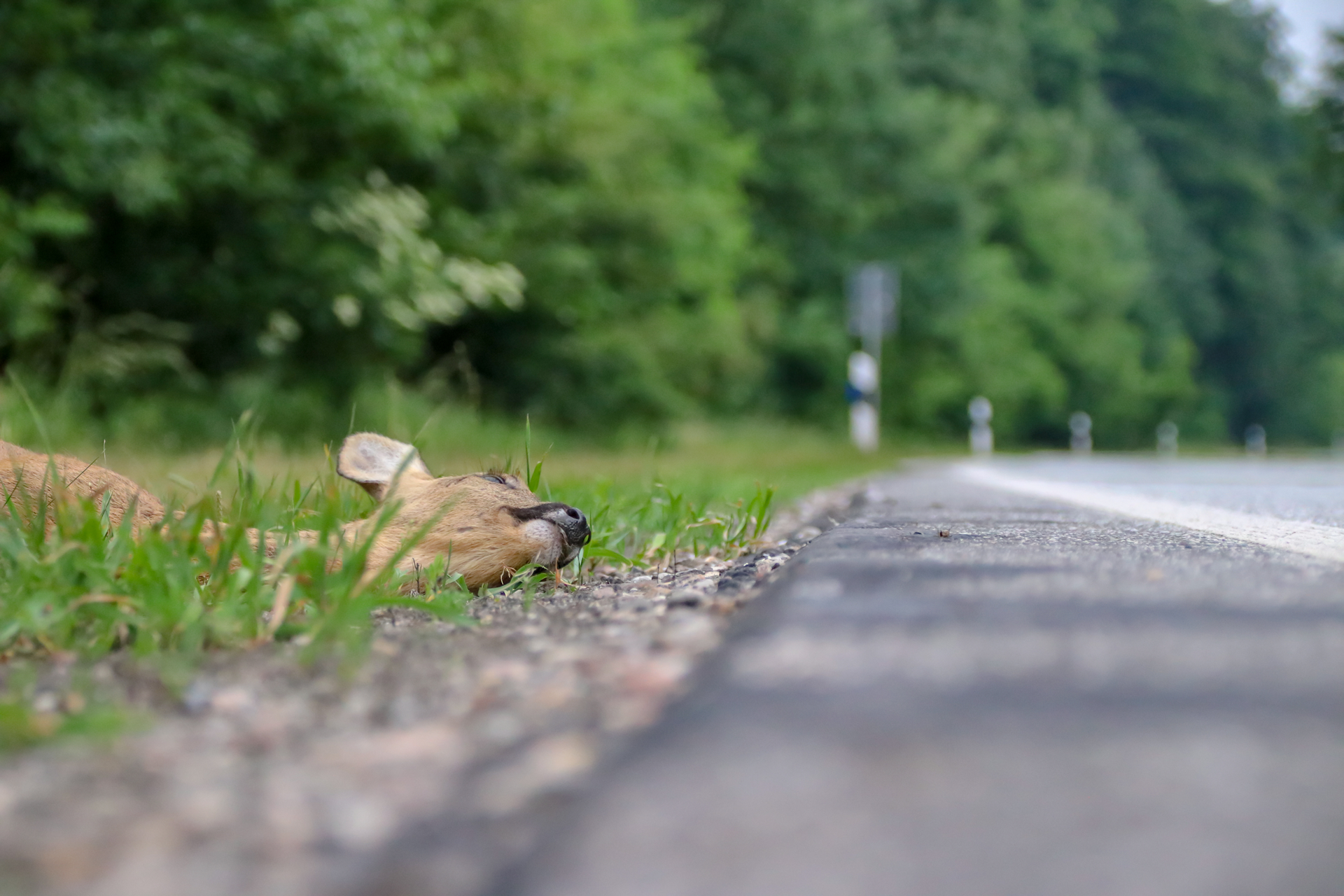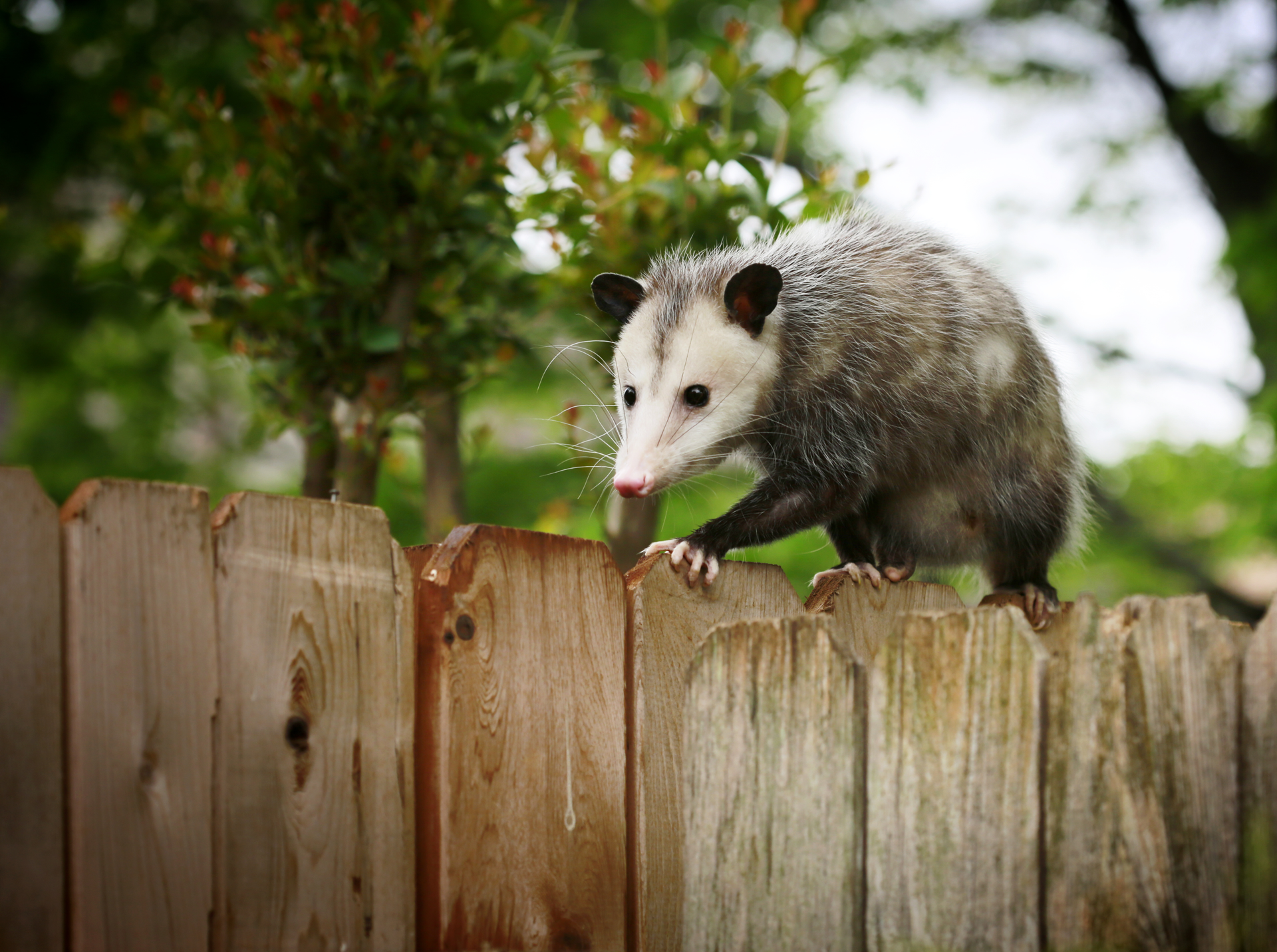Can You Ignore A Rodent Problem?
How Fast Can A Rodent Problem Get Out Of Hand?
Regarding infestations, rodents are among the pests that can do an extraordinary amount of damage in a short amount of time. If you notice signs of an infestation but choose to put off taking care of it, you may be astonished at how quickly the problem can multiply. It will likely worsen exponentially until it reaches a full-scale takeover of your home or business. Ignoring a rodent infestation puts your health and property at risk.
One of the reasons infestations get out of hand so quickly is that they breed incredibly fast. What starts as a small problem can skyrocket to a massive one in no time, becoming unmanageable for home and business owners. Rats become fully mature and start having their babies after six weeks. A study published in the National Library of Medicine says a single day in a rodent's life is equivalent to about 35 days in a human's life. As a result, they can produce about eight litters a year with an average of 7-10 pups per litter, though they've been known to have as many as 14. If you start with just a couple of rodents in your home or business, you can have dozens within a few short weeks.
Rodents' gnawing habits do massive amounts of damage to your property over time, and every day they're allowed to flourish, the greater the likelihood that something could go wrong due to that destruction. Their teeth constantly grow throughout their lives, with rats' incisors expanding by four inches yearly, that's about a millimeter a day. These creatures chew and gnaw to wear their teeth down; if they don't, the front teeth grow so that they cannot eat. Mice completely renew their front teeth in 35-45 days.
Rodents gnaw on wood, plaster, and concrete and chew at aluminum siding, wallboard, or paneling. A favorite of theirs, however, is wiring. Although they don't seem to be a huge fan of metal for their chewing, they like the protective coating because it's easy for them to hold the wires in place, and the cylindrical shape makes it easy to reach their teeth efficiently. Unfortunately, chewing wires causes fires in homes and businesses across the United States and the world yearly. The problem is so bad that various Health Departments have said fires attributed to an "unknown origin" can be assumed to have started because of mice or rats.
It isn't just their teeth grinding that does damage; rats also wreak havoc through their burrowing. The longer rodent populations are left unchecked, the more damage they'll do, and rats are known to burrow near your home's foundation to create nests. The rodents use underground pathways to store food or to escape if they sense danger. They'll create more tunnels and rooms as the family gets larger. If the nests grow enough in size, they can cause foundation cracking and eventually damage the structural integrity of the entire building.
They have also been known to attack humans, a problem becoming increasingly common as humans and rodents come into contact with one another more often. Rats have even been known to bite babies in their cribs as the smell of milk dripping from bottles onto the baby or into the crib attracts them.
They are a threat to your health in other ways, too. The International Food Safety and Quality Network estimates rodents contaminate as much as 20% of the world's food supply. Rats and mice are known to spread various pathogens and diseases, including Hantavirus, Leptospirosis, Monkeypox, Rate Bite Fever, Salmonellosis, and many more. Those can be transferred through direct contacts, like being bitten or scratched by an infected rodent, but you can also be exposed without even realizing there's one in the area. Breathing in contaminated air, touching contaminated materials, inadvertently touching your eyes, nose, or mouth, or ingesting food contaminated by the animals can spread disease. Their hair, urine, and feces enter the food they contact as they forage, spreading those germs further.
The longer these problems are allowed to persist, the worse they'll get. Whether you're facing an infestation or hoping to avoid one, Natural State Wildlife can help. We use humane but thorough, systematic methods that ensure the problem is not only remedied but that it doesn't return. Our locally-owned business is licensed, insured, and dedicated to serving Northwest Arkansas and the River Valley.
Contact us today for more information on rodent removal,
exclusion, and
damage repair.

